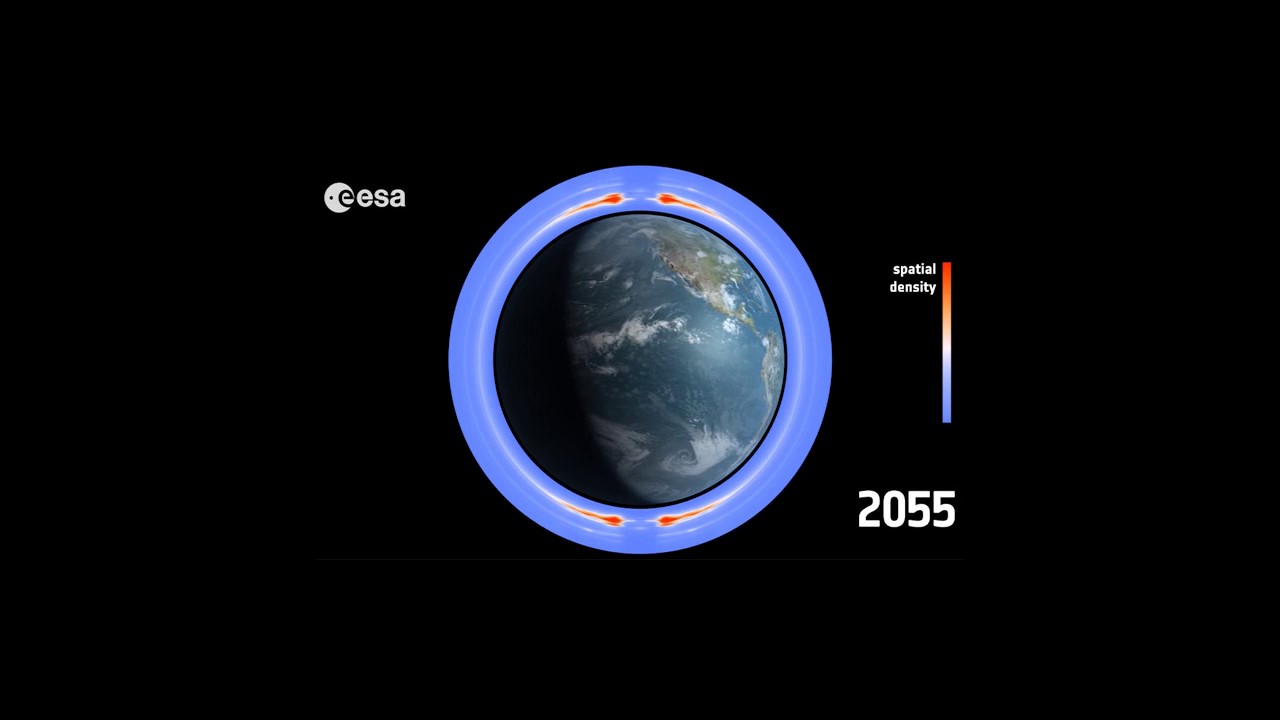IEEC 4DCube project — third winner of the Open Cosmos and ESA Business Applications “Call to Orbit” competition

The team of 4DCube is proposing an unprecedented approach to detect and track small-sized and composite debris, which pose a serious risk for orbiting spacecraft. These small pieces of space junk are not being detected by other debris-associated projects, while at the same time small debris are considered a major concern, due to their large number and their often significant orbital velocities. ESA estimates there are over 166 million pieces smaller than 10 centimetres, some orbiting at speeds up to 16 km/s. In case of composite debris, they can decompose due to multiple factors, like ultraviolet radiation and, unlike metallic debris, move independently from the magnetic field lines. Unfortunately, it is not feasible to track these small pieces using ground-based telescopes or ground-based radars, given their small size and small radar cross-section. Monitoring from space seems the best option for detecting and mapping this category of debris.
Over the past years, a team at IEEC has conducted research, proving that it is feasible to develop and deploy a debris detecting instrument in space, based on the parallax effect. This instrument is small enough to be integrated into a small satellite and be launched into a specific Sun-synchronous polar orbit, at an altitude where space debris is posing the biggest risk to low Earth orbiting spacecraft.
The impact of accurate mapping of small space debris is significant, helping both institutional and commercial satellite operators assess and mitigate the risks associated with this issue, and provide important clues to help clean detected debris and prevent more debris being added in the future.
4DCube was selected as the third of ten exclusive winners of the “Call to Orbit” programme, providing it with valuable space mission expertise by Open Cosmos, including mission software and access to satellite payload integration and test hardware, plus knowledge, advice and introduction to a valuable network to further develop their idea via the European Space Agency.
By being part of the “Call to Orbit” programme, 4DCube will be able to expedite its research and testing, and start designing a test mission in space, based on the versatile and easy-to-use Open Cosmos integration platforms. This partnership with a satellite manufacturer and operator allows them to test their concepts with flight-ready hardware.
Josep Maria Gómez Cama, IEEC member and associate professor of the Department of Electronic and Biomedical Engineering of the University of Barcelona, says: “The possibility to perform a realistic and qualifying testing thanks to tested tools from Open Cosmos shall serve as an inflexion point to make the application on composite debris feasible as well as to make IEEC’s technological platform reliable and ready for In-Orbit Demonstration.”
Rafel Jordá Siquier, founder and CEO of Open Cosmos said: “Open Cosmos is dedicated to the sustainable use of space and is acutely aware of the risks imposed by space debris. We are excited to support this project that aims at mapping space debris in unprecedented detail, providing a much-improved insight into the size of the problem.”
Niels Eldering of ESA Business Applications and Space Solutions added: “It is great to see young entrepreneurial firms engage in the challenge of clean space. In particular on this topic both established industry and entrepreneurial thinking is needed.”
About Call to Orbit
Run by Open Cosmos in collaboration with ESA, the “Call to Orbit” competition allows a diverse range of organisations to put their technologies and service-oriented applications into orbit. It reduces the amount of time and money needed to get a satellite-based business off the ground, especially for companies developing new technologies or validating the commercial potential of a new application.
In total, 10 winners are awarded access to Open Cosmos’ orbit readiness program for free, alongside support from ESA, allowing them to go from concept to orbit readiness in just three months using Open Cosmos innovative space mission design software and payload development, test and qualification kits.
Once ready, launch opportunities will become available both under ESA programmes and others, where Open Cosmos is involved providing in orbit demonstration and validation services, taking advantage of Open Cosmos’ beeOrbital service. This will be supported under the partnership with the ESA Pioneer SAPION programme.
Do you have a great idea for the next big thing in space technology or the next space data killer app that will benefit from being tested in space? Then apply now! The program can be found here.
Source of this article can be found here.
Links
